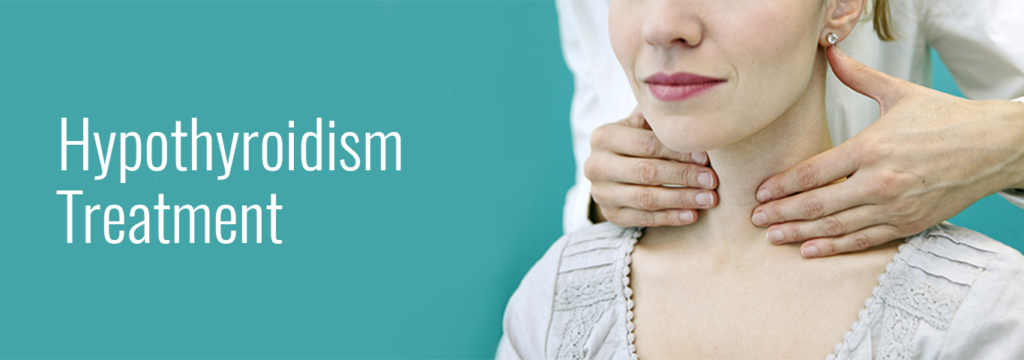
Best Doctor for Thyroid Treatment in Mumbai
When your body does not produce enough thyroid hormones, hypothyroidism develops. The thyroid gland is a small butterfly-shaped gland located in the front of the neck. It secretes hormones that assist your body in regulating and utilizing energy.
Your thyroid is in charge of supplying energy to nearly all of your body’s organs. It regulates things like how fast your heart beats and how well your digestive system works. Your body’s natural functions begin to slow down if you don’t have enough thyroid hormones.
Hypothyroidism, also known as an underactive thyroid, is more common in women than in men. It is most common in people over the age of 60, but it can start at any age. It can be detected through a routine blood test or after the onset of symptoms.
An early, mild form of hypothyroidism is known as subclinical hypothyroidism.
It’s important to know that if you’ve recently been diagnosed with hypothyroidism, treatment is considered simple, safe, and effective.
The majority of treatments rely on artificial hormones to supplement your low hormone levels. These hormones will help your body’s functions return to normal by replacing what it doesn’t produce on its own.
How common is hypothyroidism?
Hypothyroidism is a condition that affects a large number of people. Hypothyroidism affects about 4.6 percent of Indians aged 12 and up. In total, about ten million people in India suffer from the disease.
With age, the disease becomes more common. It affects people over the age of 60 more frequently.
An underactive thyroid is more common in women. Hypothyroidism affects one out of every eight women.
What are the signs and symptoms of hypothyroidism?
Hypothyroidism symptoms and signs differ from person to person. The severity of the condition influences which signs and symptoms appear when, as well as when they appear. The symptoms can also be difficult to recognize.
Weight gain and fatigue are common early signs. Both become more common as you get older, regardless of how healthy your thyroid is. It’s possible that you won’t realize these changes are related to your thyroid until you notice more symptoms.
The most common signs and symptoms of hypothyroidism include:
1.) Fatigue
2.) Weight gain
3.) Puffy, sensitive face
4.) Depression
5.) constipation
6.) Feeling cold
7.) Decreased sweating
8.) Slowed heart rate
9.) Elevated blood cholesterol
10.) Dry skin
11.) Dry, thinning hair
12.) Impaired memory
13.) Fertility difficulties or
14.) Menstrual changes
15.) Muscle weakness
16.) Muscle stiffness, aches, and tenderness
17.) pain and stiffness in your joints
18.) Hoarseness
The majority of people experience symptoms of the condition over a long period of time. The symptoms may become more easily identified as the thyroid slows down. Of course, as people get older, many of these symptoms become more common.
Consult our doctor if you suspect your symptoms are caused by a thyroid problem. A blood test can be ordered to see if you have hypothyroidism.